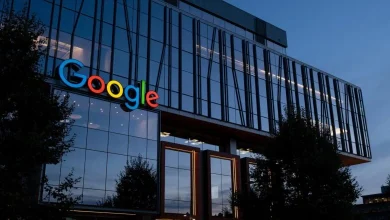A study published in the journal “Nature Computational Science” has shed light on the remarkable capabilities of Artificial Intelligence (AI) in spatial planning for cities. These AI-designed blueprints have shown to be more efficient than their human-made counterparts.
Utilizing machine learning technologies, a subset of AI, the study highlights AI’s prowess in creating city designs that facilitate short travel times, around 15 minutes. Machine learning focuses on developing systems that can learn or improve performance based on the data they receive.
Emerging Applications in Urban Planning
This groundbreaking study falls under the new applications that use AI technologies to solve urban issues and improve city planning. Such applications include finding solutions for congested cities filled with vehicles and establishments. The researchers have developed an AI system designed to handle urban planning, including access to services and green spaces, traffic congestion levels, and the optimal usage of land.
The Dream of Living in a Green City
According to a report by Science Alert, AI could realize the dream of living in a green, cool city filled with gardens, pedestrian pathways, and designated lanes for bikes and buses that transport people to shops, schools, and service centers within minutes. The AI-based designs bring the urban planning concept of the “15-minute city” closer to reality. Within this model, all essential services and needs are within a 15-minute walk, thereby improving public health and reducing vehicle emissions. AI can help urban planners achieve this vision faster and more efficiently.
Project’s Inception
Automation scientist Yu Cheng and his colleagues at the National Research Center for Information Science and Technology in Beijing, China, have been working on new solutions to enhance increasingly congested and polluted cities. The research team developed a smart system capable of performing tedious computational tasks for urban planners 50% more efficiently when measured against key metrics like access to services, access to green spaces, and traffic congestion.
Initial computations took only two days, demonstrating the system’s effectiveness. The researchers believe that although a full-scale city design would be more complex and time-consuming, AI has proven its capability to work on larger scales. The technology can be employed to expedite certain steps in city or neighborhood planning, freeing up planners and engineers to focus on more challenging tasks revolving around public participation and aesthetics.
High-Speed, High-Precision Performance
What engineers take 50 to 100 hours to compute, the AI system can calculate in mere seconds. This time-saving factor allows city planners to focus on more intricate and human-centric aspects of urban design.
The application of AI in urban planning liberates professionals to deal with challenges that are focused more on human experience, like public participation and aesthetic elements.
Artificial Intelligence is proving to be an indispensable tool in advancing urban planning, bringing us closer to realizing the dream of efficient, green, and accessible cities.




